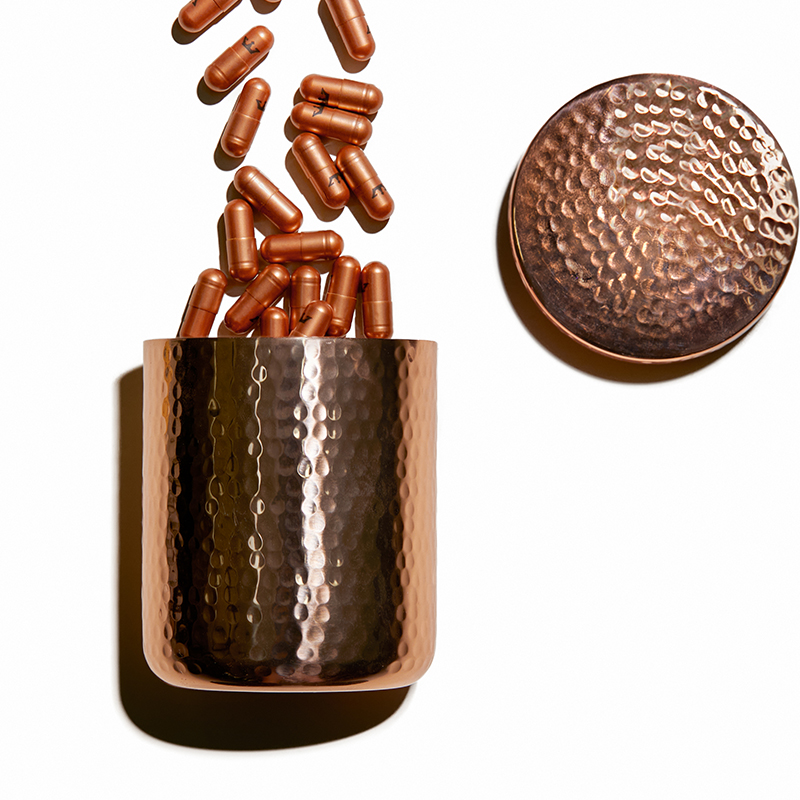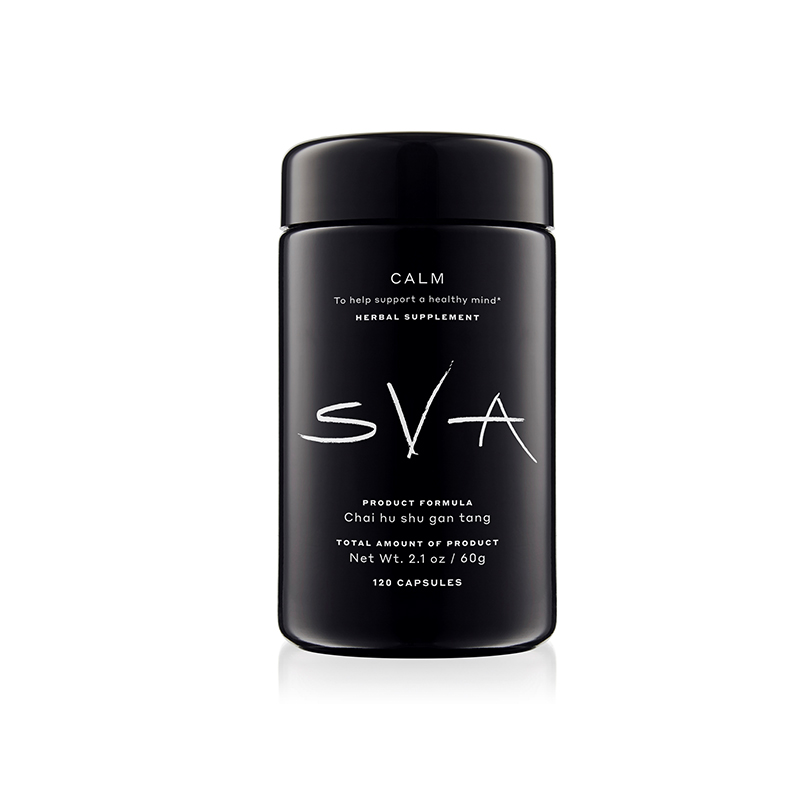In this year of plot twists, it can be hard to settle into a rhythm when the pace keeps changing. If you’re running on fumes and have been living out worse-case scenarios on a daily basis, know that you’re not alone. In fact, a pre-COVID-19 survey by Cigna 360 Wellbeing revealed that 92 percent of working Singaporeans reported feeling stressed.
If we felt the pressure to be ‘always on’ before, then 2020 has seen us do double duty as primary caregivers, teachers, one-woman help desks and armchair therapists like never before.
Stress, Manifested
“Stress and anxiety can manifest as shortness of breath, a pounding heart and even giddiness in the body,” says Dr Lim Boon Leng, a psychiatrist with the Centre for Psychological Wellness. In addition to tummy problems and frequent urination, Lim says to watch out for “difficulties in concentration and physical tiredness”.
This new level of collective worry about the economy and job security, amongst other things, has left many burnt out.
Pooja Vig, a functional medicine nutritionist and co-founder of The Nutrition Clinic, says “many symptoms of stress are surprising”.
When ‘fight or flight’ mode becomes a lifestyle, the body responds by focusing on immediate safety and survival, neglecting non-essential activities like reproduction (periods), digestion, long-term memory, immunity, building bone and muscle as well as nourishing skin and hair, says Vig.
“Instead, it directs its resources to the brain and muscles.”
For Jun Negoro, Thomson Chinese Medicine’s TCM physician, tightness in the chest, frequent sighing and increased irritability are commonly seen in stressed patients. “Women may also show menstrual irregularities such as early or late periods and breast tenderness,” she says, associating these symptoms with a sluggish flow in the liver’s qi. “In the long run, qi stagnation can easily generate internal heat, which may cause problems such as headaches, acne or mouth ulcers as well.”
Listening to Your Second Brain
Described as your ‘second brain’, the digestive system is a key player in your body’s operating system, with 500 million neurons connecting the brain to the gut. The vagus nerve, one of the biggest nerves connecting the gut and brain, is particularly tested under stress, with tension-inhibiting signals sent through this communication system, causing gastrointestinal issues. With potential bloating, constipation and irritable bowel syndrome, you’ll wish you had just butterflies.
“Digestion of food, absorption of nutrients and the movement of the muscles in the intestines to allow for regularity all are affected,” says Vig. “Stress affects the gut microbiome—a collection of bacteria, yeast and viruses that run in the trillions and impact almost every part of the body. Interestingly, a healthy microbiome enhances our resilience to stress, while an imbalanced one can make anxiety worse.”
Prolonged periods of anxiety where the body is flooded with cortisol leads to inflammation, affecting our natural immune response. Stress’s impact on the gut also means a disruption to an estimated “80 percent of our immune cells, which may leave the body open to infection”, according to Sammy Leetham, co-founder of Australian supplement brand Bear.
Hangry for More
In addition to pre- and probiotics, maintaining a balanced gut-brain connection is as basic as eating regular, well-balanced meals. While that may not be groundbreaking, TCM expert Negoro also cautions against excessive consumption of ‘hot’ food (red meat, spices, alcohol); ‘damp’-producing food (dairy, greasy food, sugar); and cold, raw or iced food.
“By keeping the digestive system coordinated, the digestive fire can stay strong to produce energy for the body to absorb the nutrients required for optimum bodily functions. When all organs work in harmony, blood is free-flowing and mental activity is stable.”
And if you’re not getting what you need from your food, supplements and adaptogenics may offer support.
“Several health supplements have been found to be useful in improving mood and relieving stress. They usually contain one or a combination of ingredients such as valerian root, magnesium, 5-HTP [5-Hydroxytryptophan] or other herbal extracts. While these supplements may only benefit a handful of people, minimal side effects have been reported and are thus worth trying,” says senior pharmacist at Guardian, Shane Liaw.
A study in the Nordic Journal of Psychiatry revealed that rhodiola is effective in mitigating signs of depression as well as improving sleep. In a 2019 study, adults who felt stressed took a daily dose of ashwagandha for 60 days and reported improved levels of anxiety, stress and depression metrics, says Vig, who included both adaptogens in The Nutrition Clinic’s Ultimate Energy Botanical Adrenal Support capsules. Perform Essential Daily Vitamins, a nootropic for clarity, cognitive function and health by Bear, includes methylcobalamin, reportedly “the highest quality and most bio-available form of Vitamin B12”, according to Leetham.
“Vitamin B12 may help to regulate mood, improve cognitive performance and maintain a healthy nervous system,” says Leetham. “It is crucial to the production of red blood cells and the breakdown of fatty acids and amino acids to support energy levels. Bacopa, used in traditional Ayurvedic herbal practice, enhances mental alertness, increases memory, and relieves symptoms of stress and mild anxiety.”
But if you’re looking for a quick fix, note that these ‘chill pills’ take a minimum of two or three months of consistent use to kick in.
Overcoming Wired and Tired
Restorative sleep may be the tide that lifts all health boats, but try telling that to your monkey mind when you’re wide awake at 3am.
“Our hormonal response to stress follows a circadian rhythm. The sun rises and so does the hormone cortisol; the sun sets and so does cortisol, while the sleep hormone melatonin goes up,” says Vig.
Long-term stress and lack of rest can upset this cycle, adds Vig, who sees clients with low levels of cortisol in the day, “which results in hitting the snooze button too many times in the morning as well as afternoon slumps”.
“Like a relay race that has slowed down, the production of melatonin lags, affecting sleep. The result is a cycle of feeling tired and wired, which feels like deep exhaustion in the day and difficulty sleeping at night. In this situation, most people reach for sugar and stimulants, which may feel good momentarily, only to be followed by a crash,” says Vig.
The solution? She who recommends mitigating the midday slump by consuming a protein-rich breakfast of eggs or a collagen protein shake first thing.
Zero-Cost Self-Care Techniques
“In TCM, there is a spiritual aspect called the ‘corporeal soul’ or po, which resides in the lungs and is closely related to breathing. By practising mindful breathing or meditation, we can quieten the po, let go of accumulating emotional stress and relax the mind,” Negoro notes. She also recommends self-massage, focusing on the Shen Men or ‘spirit gate’ acupressure point along the heart meridian, used reportedly to ease insomnia and reduce anxiety.
For psychiatrist Lim, anxiety management also involves keeping a daily routine, having hobbies and monitoring our self-talk.
“Mentally, we need to keep reminding ourselves that worrying will not help and is not useful,” says Lim.
Lim eschews biotechnical supplements in favour of consistent cardiovascular exercise, yoga “and meditation techniques for natural ways of de-stressing or helping yourself with anxiety. “There is no good evidence that supplements are useful in the management of anxiety and stress. He encourages us to “gently refocus” on what we can do in the moment. “Cut yourself a lot of slack this period, reserve your energy and resources, and you will be ready to grind on when the challenges present themselves afterwards.”
Knowing When to Get Help
If you’ve near-overdosed on chamomile tea and still feel like you’re at the end of your rope, it may be time to escalate your health journey to a GP or psychiatrist. In addition to anxiety, Lim cautions that “stress and over-worrying can also result in depression or even trigger pre-existing mental illnesses like bipolar disorder. There is a difference between having just anxiety and having an anxiety disorder. When the anxiety is overwhelming, irrational or is making you function poorly, there may be underlying conditions that will not go away unless treated with medications or therapy. Seeking treatment will help you cope better, have a better quality of life and most importantly: recover,” he adds.
You are not alone. Get immediate support from your GP or call the Samaritans of Singapore (SOS) if you are experiencing poor mental health, SOS provides confidential emotional support to individuals facing a crisis, thinking about suicide or are affected by suicide: Its hotline SOS 24/7 hotline: 1800 221 4444., operates 24/7.
For more stories like this, subscribe to Vogue Singapore.

1 / 4
Lyma Multi Nutrient Complex
A supercharged nutraceutical, Lyma’s Multi Nutrient Complex is a 4-a-day supplement that works on a cellular level to reduce inflammation, boost immunity, balance hormones, and help you feel energised, focused, and emotionally restored. Its formula of 8 key ingredients comprises of KSM-66 ashwagandha, an adaptogen known for its restorative, calming, and rebalancing properties on the mind, body, and hormones; cognizin, a nootropic which enhances cognitive function; cynatine HNS for beauty and ‘smart ageing’; antioxidant lycored lycopene; HydroCurc from curcumin for cellular protection and reduction of inflammation; Wellmune to offer immune support while balancing blood; K2Vital for bone health, longevity and stamina; and Vita-Algae D3 to support the immune system, while improving muscle health, recovery, and calcium absorption.
Lyma Multi Nutrient Complex, US$649 for a 3 month kit; available at Net-a-Porter

2 / 4
Bear Perform Essential Daily Vitamins
Bear Perform vitamins contain a host of curated ingredients including vitamin B12, ayurvedic Bacopa, vitamin C, anti-inflammatory turmeric, and vitamins B1, B2, B3, B5, and B6. Taken daily to help you de-stress while improving cognitive function, mental clarity, and boosting your overall health.

3 / 4
The Nutrition Clinic Deep Sleep Dietary Sleep Supplement
The Nutrition Clinic, who has treated droves of low-energy clients for insomnia, exhaustion and burn out, offers Deep Sleep vegetarian capsules with melatonin to regulate the body’s biological circadian rhythms and 5-HPT, a precursor to the neurotransmitter serotonin, with GABA, vitamin B6 and L-theanine to help the body naturally fall and stay asleep. These non-habit forming supplements also contain a herbal blend of valerian root, passion flower, lemon balm, German chamomile to added relaxation.
The Nutrition Clinic Deep Sleep Dietary Supplement, $54 for 60 capsules; available at The Nutrition Clinic

4 / 4
SVA Calm Chinese Herbal Formula
If a more holistic route is on the cards for you, these traditional Chinese medicine-inspired capsules created by Aman and master practitioner Dr Ning Ma of New York City, can easily be integrated into daily health regime. Drawing from the fundamentals of ancient Chinese remedies, the Sva line of supplements aims to help the body achieve equilibrium in daily life through herbal, plant based, gluten-free and vegan ingredients that target imbalanced elements and organs in order to support their positive function. Bupleurum chinense root or Chai hu is regarded for its detoxifying properties, and supports the Liver, which in traditional Chinese medicine, helps to maintain a sense of inner balance. Paeonia lactiflora root or Bai shao from the Chinese peony also supports the Liver, helping maintain focus while regulating and calming emotions. And Cyperus rotundus rhizome or Xiang fu, a rhizhome to regulate the flow of qi.
SVA Calm Herbal Supplement, $100; available at Aman





